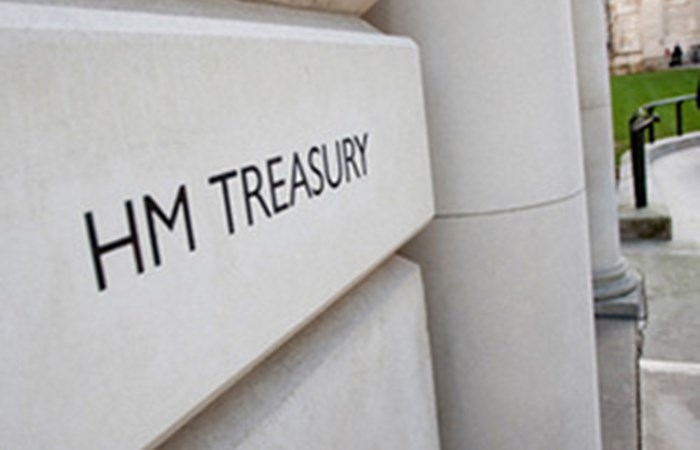HM Treasury

Visiting Ryanairs new European Training Centre where he welcomed the firms plans to invest $1.4 billion (almost 1 billion) and create a further 450 highly-skilled jobs in the UK this year, the Chancellor highlighted the benefits that British businesses including the aviation industry and consumers receive from unhindered access to Europes single market and the catastrophic impact that leaving the EU would have on jobs, growth, and livelihoods.
Addressing an audience of Ryanair staff and local business leaders alongside Sir Vince Cable and Ed Balls, the Chancellor also revealed new Treasury analysis showing that within fifteen years of leaving the Single Market, Britain would suffer from at least 200 billion less trade every year in todays terms, and would miss out on at least 200 billion of overseas investment.(1)
This double hit to the economy would feed through to British households in the form of fewer jobs, lower incomes and higher prices.
The Chancellor also pointed to the mountain of credible, independent economic evidence that has been published in recent weeks making clear the case for Britain remaining a member of a reformed EU.
With major interventions from both the Bank of England and the International Monetary Fund (IMF) joining a line of observers ranging from the Institute of Fiscal Studies (IFS) to the Organisation for Economic Cooperation and Development (OECD) to the London School of Economics (LSE), to the leaders of every member of the G20, their unequivocal message has been the same: Britain and its people will be poorer if the UK left the EU.
Chancellor George Osborne said:
Today Vince Cable, Ed Balls and I are all in agreement that a vote to Leave the EU would be a one-way ticket to make Britain poorer and hurt working people.
Weve already heard the economic case from the likes of the Bank of England, the IMF, and even the President of the United States; all of our allies and trading partners are in agreement. The economic argument is beyond doubt - its not a conspiracy; its called a consensus.
Our message is clear: Britain will be stronger, safer and better off in a reformed EU.
The Treasury will shortly publish further analysis on the short-term implications for Britains economy of leaving the EU.
Footnote
(1): Table 3.A of HM Treasury analysis: the long-term economic impact of EU membership and the alternatives, HM Government (2016) shows that trade volumes would be 17-24% lower if Britain left the EU and relied solely on WTO rules. Table 3.B shows that foreign direct investment (FDI) inflows would be 18-26% lower in the same scenario. These numbers have been expressed in current terms. In 2015, total trade flows in the UK were 1,060 billion, and in 2014 FDI stocks were 1,030 billion in the UK. In both cases a mid-point of the range has been taken.
